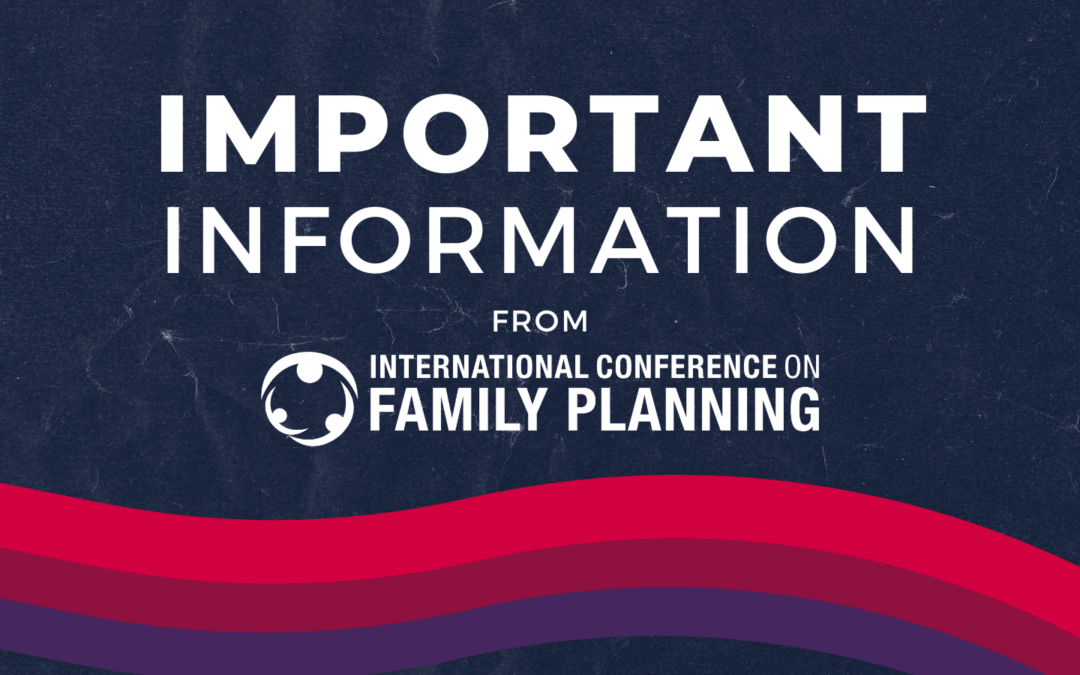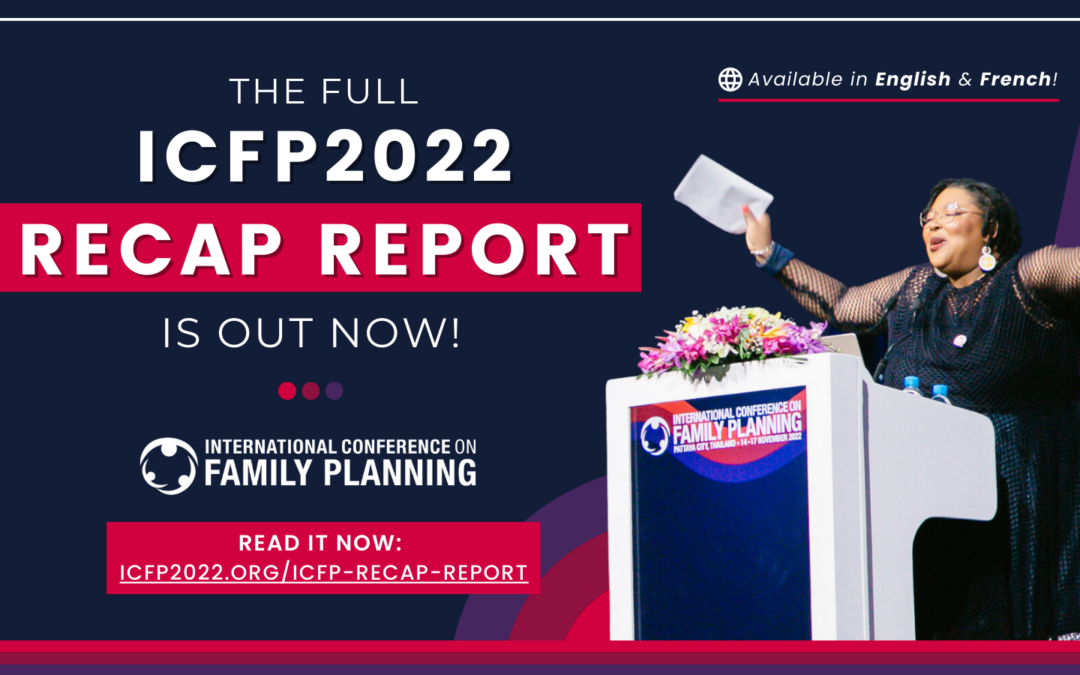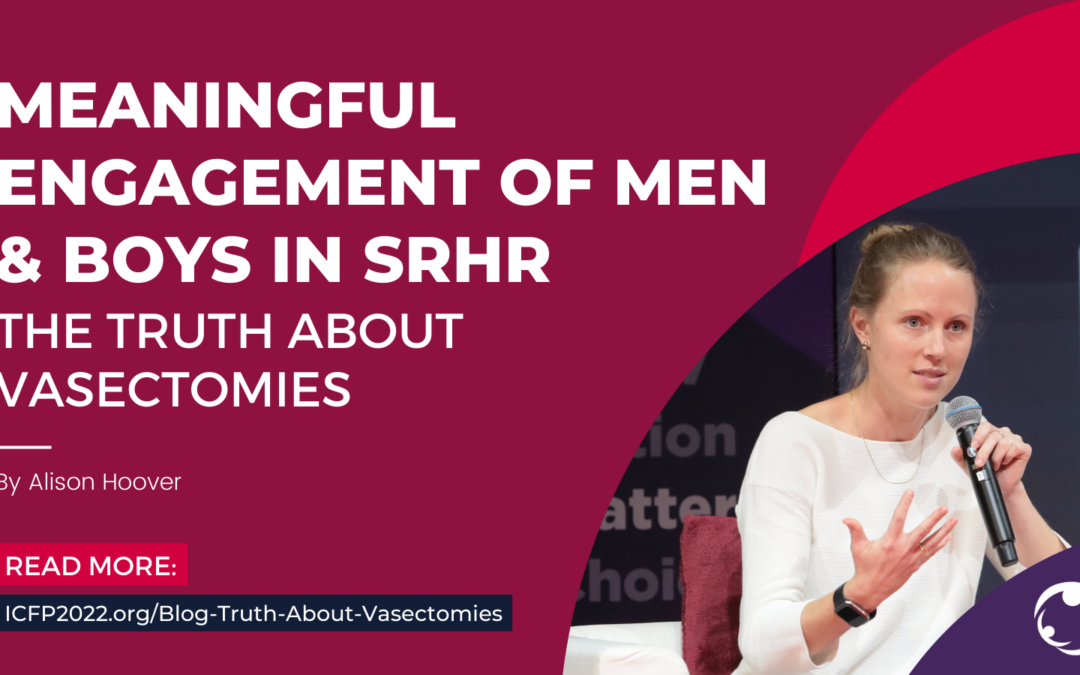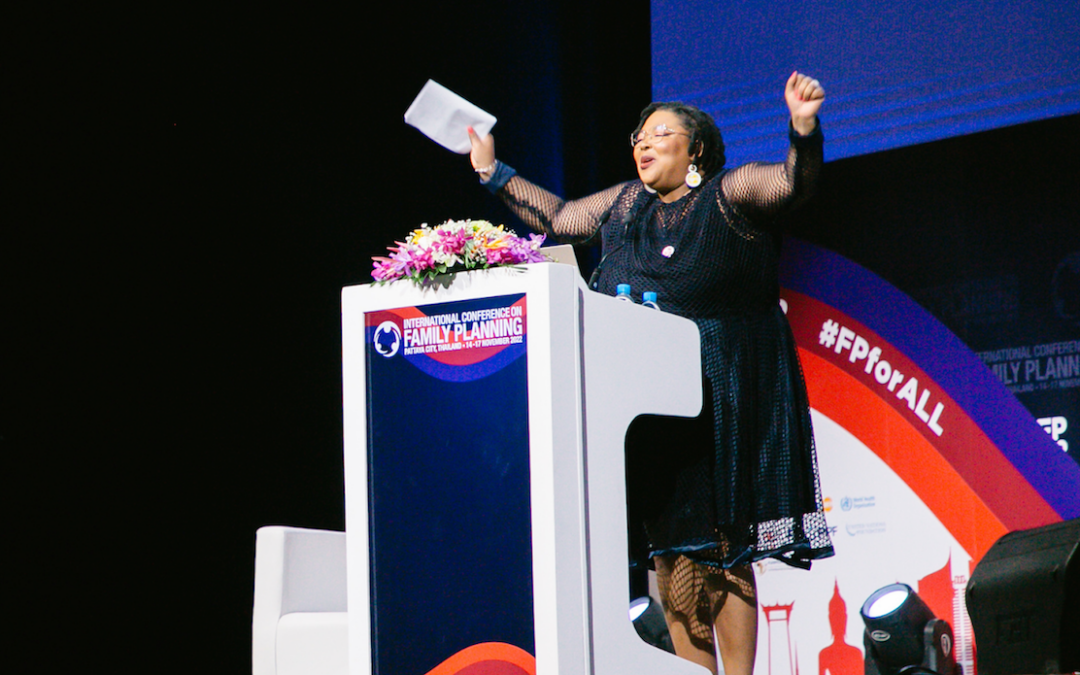Guest column by Luc Van Steenwinkel*
As the Leader of Pfizer’s Puurs, Belgium manufacturing site, I was incredibly proud to recently host an official groundbreaking ceremony of a new facility on our campus. The building will accommodate a state-of-the-art production line to expand the manufacturing capacity for Pfizer’s pre-filled, single-use, all-in-one injectable contraceptive Sayana® Press (depot medroxyprogesterone acetate).
The story of Sayana Press is one we are very proud of – for two reasons.
- The contraceptive was developed specifically to help address the needs of women living in hard-to-reach areas, who may have a need for a contraceptive option that can be administered in low-resource, non-clinic settings.
- We are a part of a global collaboration with the Bill & Melinda Gates Foundation and the Children’s Investment Fund Foundation (CIFF), which helps to broaden access to contraceptives for women living in some of the world’s poorest countries. The effort is also supported by a consortium of public- and private-sector donors and aid organizations.
However, the concept of an all-in-one injectable contraceptive was once only an idea. It required many years of hard work, partnerships, and innovative thinking to make Sayana® Press a reality.
Sayana® Press’ Role in Contraception
Access to modern contraception continues to be an unmet need for millions of women in the developing world. According to the World Health Organization (WHO), there are 214 million women in developing countries who want to delay or prevent pregnancy but who are not using modern contraception.[i] The WHO also reports that the promotion of family planning – and ensuring access to modern contraceptive methods – is essential to securing the well-being and autonomy of women.[ii] Recently, the Gates Foundation released its “Goalkeepers Data Report,” which notes that the goal of family planning is to empower women. According to Gates, improving access to family planning is critical to ensure that the rapid population growth that will occur in regions like Africa, will result in healthier and more productive populations, and can help prevent a possible reversal in two decades’ worth of progress in fighting poverty.[iii]
While there have been some contraceptive methods made accessible to women in the developing world for many years, the United Nations’ Population Fund has found that there were (and still are), many challenges women face in obtaining them, such as travelling great distances to health facilities, social barriers, and a general lack of information about available contraceptive methods.[iv]
Recognizing the need for a contraceptive that addressed these challenges, Pfizer partnered with PATH, a Seattle-based non-governmental organization, and BD (Becton, Dickinson, and Company), a leading global medical technology company, to develop a solution. The Sayana® Press product is a subcutaneous (applied under-the-skin) formulation of depot medroxyprogesterone acetate (DMPA), Pfizer’s heritage contraceptive product, filled in a single use, all-in-one, auto-disable plastic pre-fillable injection system (the BD Uniject™ injection system).
By working together, we created a product that is compact, discreet, and transportable, with the hope that it could help women in the developing world overcome some of the barriers to gaining access to safe and reliable contraceptive options. Our next step was getting the new product to some of the most remote parts of the world.
The Power of Partnership
In 2014, we first announced our multi-year collaboration with the Gates Foundation and CIFF to help broaden access to Sayana® Press in some of the world’s poorest countries. The collaboration helped make a meaningful impact and demonstrated a strong demand which led to an expansion of the collaboration in 2017 and a price of U.S. $0.85 per dose for qualified purchasers, a reduction from the previous US $1.00 per dose. Between 2014 and the end of 2017, more than 16 million units of Sayana® Press had been shipped to 23 countries in the developing world, potentially reaching more than four million women[v] – up from an estimated 1.5 million women at the end of 2016.
Innovation in Manufacturing
Innovation is a continuous and ongoing process. It is not something that happens overnight.
Creating a product for patients facing barriers to access, and designing a new delivery system requires manufacturing expertise and technical sophistication, and Sayana® Press’ plastic delivery system brought new variables to the equation. As an example, with exposure to heat, plastic can melt or warp. Sayana® Press’ delivery system also requires leak proof and moisture barriers to account for high humidity in many of the countries where it is used. These were among the new variables to account for as we worked to refine our manufacturing process.
The manufacturing process requires many steps; an unending commitment to safety, compliance, and quality that meets the rigorous standards set by the company and by government authorities; and highly-qualified and trained colleagues to oversee production and manage a complicated supply chain once medicines leave our site. Now with years of experience in manufacturing and distributing this product, we apply learnings to continually refine the process and strengthen our quality culture and processes.
Thanks to our global collaboration and tremendous effort from our manufacturing and supply chain teams, Pfizer expects to manufacture about 15 million doses of Sayana® Press by the end of this year. Our new state-of-the-art facility will further increase capacity in the coming years, while we continue to remain focused on quality and safety.
Working on Sayana® Press has provided me, my team, and everyone at Pfizer with a strong sense of pride. The results thus far, are a true testament to what is possible when hard work, innovation, and collaboration work together to bring an idea to life.
[i] World Health Organization. Family Planning/Contraception Fact Sheet. Available at http://www.who.int/news-room/fact-sheets/detail/family-planning-contraception. Accessed on August 29, 2018.
[ii] World Health Organization. Family Planning/Contraception Fact Sheet. Available at: http://who.int/mediacentre/factsheets/fs351/en/. Accessed: September 20, 2018.
[iii] Bill & Melinda Gates Foundation. 2018 Goalkeepers Data Report. Available at https://www.gatesfoundation.org/goalkeepers/report. Accessed on September 19, 2018.
[iv] UNFPA. Family Planning. Available at: https://www.unfpa.org/family-planning . Accessed: October 5, 2019.
[v] Data on file at Pfizer Inc. Where a woman is assumed to have used 4 doses of the total facilities shipped; where each woman is assumed to have used 4 doses of the total number shipped (2014-2017).





